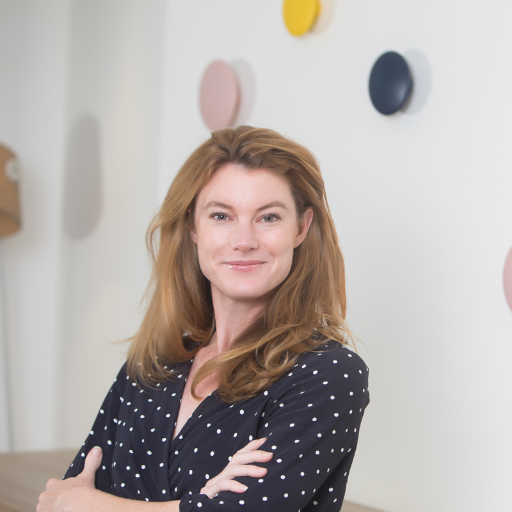
Kelly Thompson
Program Manager, Global Women’s Health, and Research Fellow, Division of Critical Care & Trauma, The George Institute for Global Health
What inspired you to work in health research, and what keeps you motivated?
I obtained a great deal of satisfaction from being a bedside nurse but it was really tough work in a challenging system and towards the end I often felt like I wasn’t doing “enough”. I’ve always had an intrinsic knowledge that my purpose in life is to be of service to others and in research I can do this on a large scale and without the burnout that often happens when working on the frontline. Knowing my purpose is what keeps me motivated.
If you hadn’t gone into health, what would you have done instead?
As soon as I stepped foot into my first job after school as a medical receptionist, I knew I would always work in health so I can’t imagine myself working anywhere else.
What do you see as the most pressing goals for women’s health?
It’s such a vast area with so much work to be done but the bottom line is about making real, measurable progress towards achieving gender equality in every possible context worldwide. In some contexts it’s about ensuring women are given the same opportunities and in others it’s about women being given the same basic human rights as men.
What would you like to see come out of your work with the think tank?
I’d love to see a really strong advocacy program to support the dissemination of women’s health research outside of traditional models so we can have the biggest possible impact.
When do you think health initiatives work best? Can you give an example of how our research has made a big impact on people's lives?
I think public health initiatives work best when they are designed (from the outset) in consultation with the communities they serve, like all of the Aboriginal and Torres Strait Islander Health research done at The George Institute– that really inspires me.
The George Institute researchers mainly focus on prevention and low cost solutions, which ones are you most excited about?
Obviously – the low cost dialysis project is a mind-blower. It is such an innovative model and will drastically improve the lives of people not previously able to access or afford dialysis. This is particularly important for women who are less likely to access and receive life-saving treatments like dialysis due to gender inequality.

